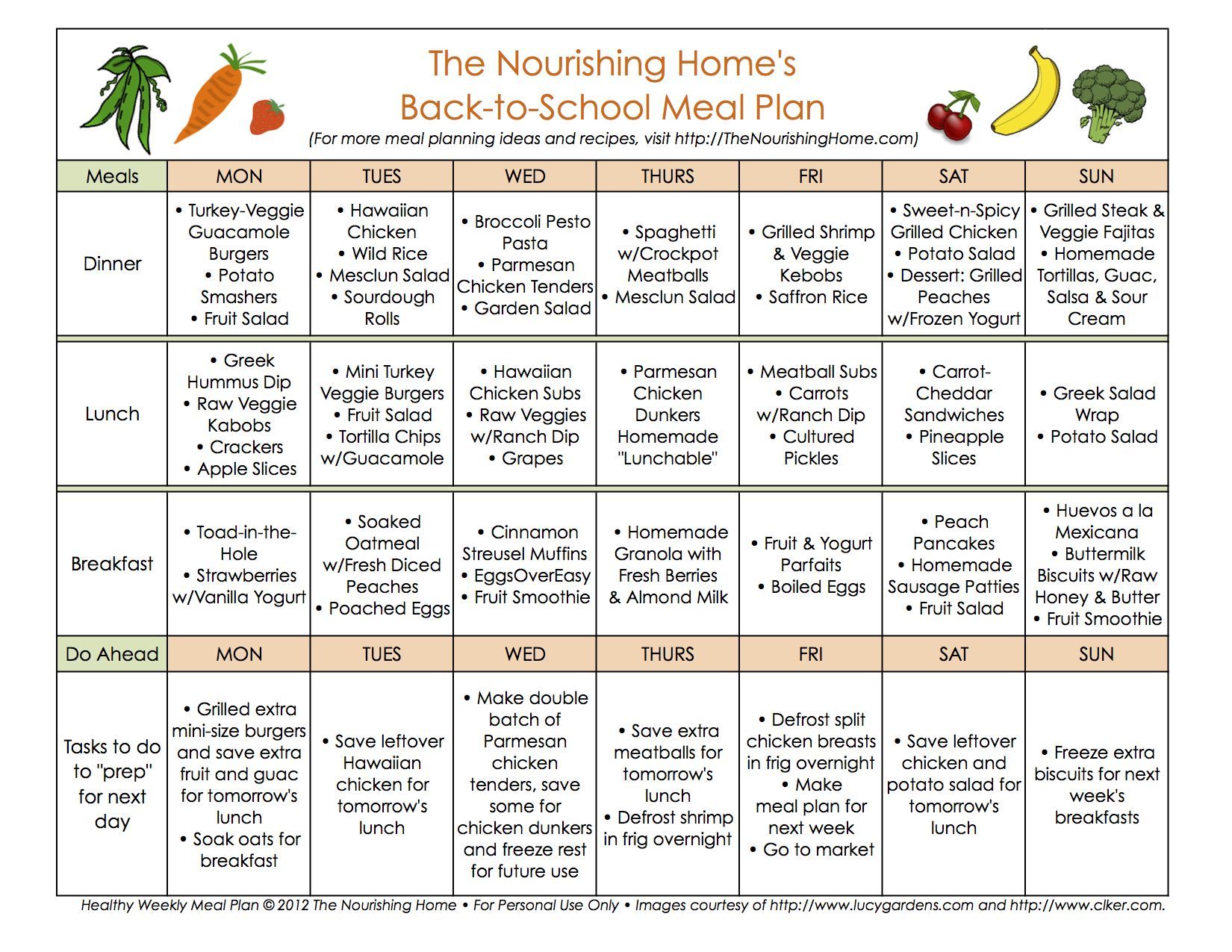Creating a Personalized Meal Plan for Optimal Health
Introduction
Proper nutrition plays a vital role in maintaining optimal health. Every individual has unique dietary needs, and creating a personalized meal plan can help ensure that these needs are met. This article aims to guide you through the process of crafting a meal plan tailored to your specific nutritional requirements.
Analyze Your Nutritional Needs
The first step in creating a personalized meal plan is to analyze your nutritional needs. Different factors such as age, gender, weight, activity level, and any existing health conditions must be taken into consideration.
Consult a Healthcare Professional
It is highly recommended to consult with a registered dietitian, nutritionist, or healthcare professional who specializes in nutrition. They can assess your specific nutritional requirements and provide valuable guidance on formulating a well-balanced meal plan.
Identify Macronutrient Ratios
Macronutrients, including carbohydrates, proteins, and fats, play a crucial role in maintaining balance within the body. Understanding your macronutrient requirements will help in determining the appropriate ratio of each nutrient for your meal plan.
Design Your Meal Plan
Once you have a clear understanding of your nutritional needs, it’s time to design your personalized meal plan. Here are some guidelines you can follow:
Variety is Key
Include a wide range of fruits, vegetables, whole grains, lean proteins, and healthy fats in your meal plan. This will ensure that you obtain a diverse range of essential nutrients.
Portion Control
Controlling portion sizes is an important aspect of a healthy meal plan. Use measuring cups or a food scale to accurately portion out your meals.
Meal Frequency
Consider your preferred meal frequency and schedule your meals accordingly. Some individuals thrive on three main meals, while others prefer smaller, more frequent meals.
Listen to Your Body
Pay close attention to how your body responds to different foods. If you experience any negative reactions or discomfort, it may be necessary to adjust your meal plan accordingly.
Incorporate Healthful Habits
Creating a personalized meal plan is only one aspect of maintaining optimal health. Incorporating additional healthful habits into your lifestyle can enhance the benefits of your meal plan:
Hydration
Remember to drink an adequate amount of water daily. Staying hydrated is essential for proper bodily functions.
Regular Physical Activity
Engaging in regular exercise can complement your meal plan and contribute to overall wellness. Aim for a combination of cardiovascular activities, strength training, and flexibility exercises.
Get Adequate Sleep
Proper sleep is crucial for optimum health. Aim for 7-9 hours of uninterrupted sleep each night to allow your body to rest, repair, and recharge.
Monitoring and Adjusting
Lastly, it is important to regularly monitor your progress and make adjustments as needed:
Keep a Food Diary
Maintain a food diary to track your meals, snacks, and portion sizes. This will help you identify any imbalances or deficiencies in your meal plan.
Seek Professional Guidance
Periodically check in with your healthcare professional or nutritionist to evaluate your progress and make any necessary adjustments to your meal plan.
Conclusion
Creating a personalized meal plan is a proactive step towards optimal health. Remember to consult a healthcare professional to analyze your nutritional needs accurately. By designing a well-balanced meal plan, incorporating healthful habits, and monitoring your progress, you can achieve and maintain optimal health for the long term.

